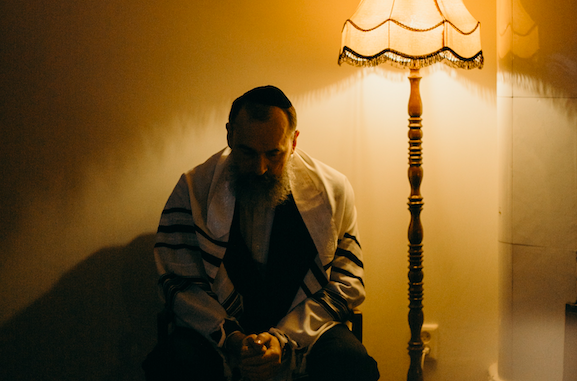*Editor’s note: “slavery” used in this article is based on biblical references. But we know, now, we are not literal slaves, and awareness of the language we use is important.
~
“Now we are slaves; next year may we be free.” ~ Passover Haggadah
~
This year, I will join my family’s virtual Passover Seder via Zoom.
To be honest, I’m doing a lot better than many years in the past, when I’ve missed the celebrations altogether.
In the Passover tradition, we read the story of the Jewish Exodus from Egypt recounted in the Haggadah. Missed out on Hebrew or Sunday School lessons on the Old Testament? Here’s the Cliff’s Notes version:
>> The Jews are enslaved in Egypt.
>> God sends 10 plagues to free them. Moses is involved.
>> The Jewish people escape across the Red Sea to the Land of Israel.
>> Everyone lives happily ever after. (Not really. The story is just getting started.)
Left out a few details there, but you get the idea.
I remember that I used to puzzle over those first lines of the Passover story when I was younger.
“Now we are slaves?”
Growing up in suburban Boston in the 1990s, part of a thriving Jewish community that was anything but oppressed, this hardly seemed to be the case. It was difficult to truly imagine the plight of our ancestors, as we are meant to do during the ritual of the Seder.
Today, with the world (hopefully) waking up while in lockdown, I consider this phrase with new eyes.
In Egypt, we were slaves to Pharaoh. Okay, sure.
In quarantine, we are slaves to fear, a global pandemic, and the whimsy of a virus invisible to the naked eye. Hmm, okay. Locked up in my apartment, with borders shut and access to little more than grocery stores and my neighbors’ greetings, I can certainly edge closer to empathy with feelings of entrapment and loss of free will. (Objectively, of course, still doing a lot better than a few thousand years ago in Egypt…and a few decades ago in Poland…and a few centuries ago in Spain.)
But, what about all those other years that we recited the Haggadah at family Seders? If you’ll indulge the grandiose analogies, there too we were slaves: to ego. To materialism. To unsustainable models of consumption. To global systems of social, political, and economic control. To ignorance and fear.
Maybe? A little bit?
So, at this year’s Seder, these words take on new resonance.
I consider the millennia-old analogy to Pharaoh’s Egypt with more seriousness.
“Now we are slaves.”
Okay, actually yes, maybe so…
And next year?
What would true freedom look like? While we pace our temporary (luxurious) cells of confinement, maybe we can spare some time for contemplation of that question.
Now we are in quarantine. Next year, if we were to be free, what would that mean?
~
Relephant:
~


 Share on bsky
Share on bsky





Read 0 comments and reply